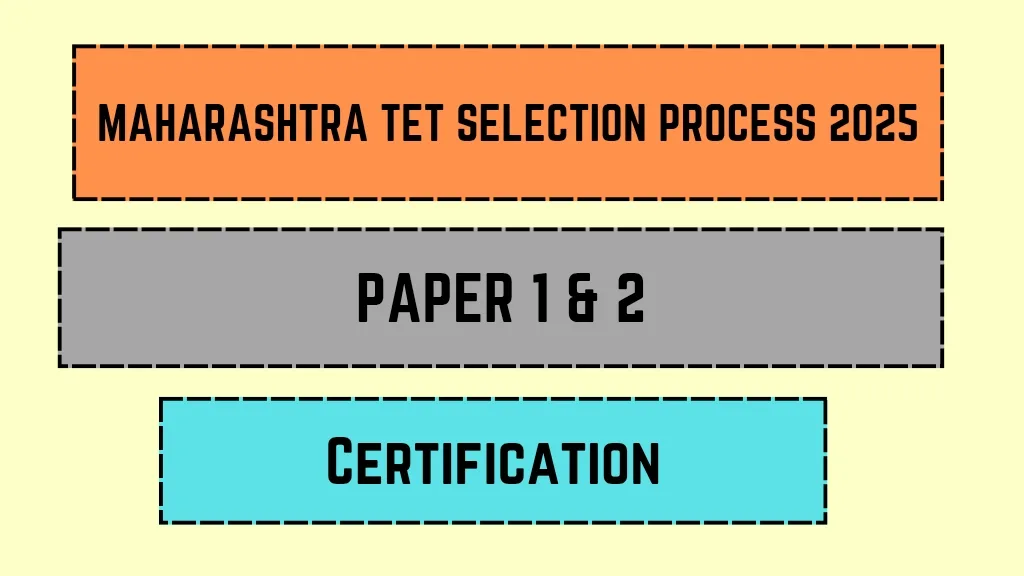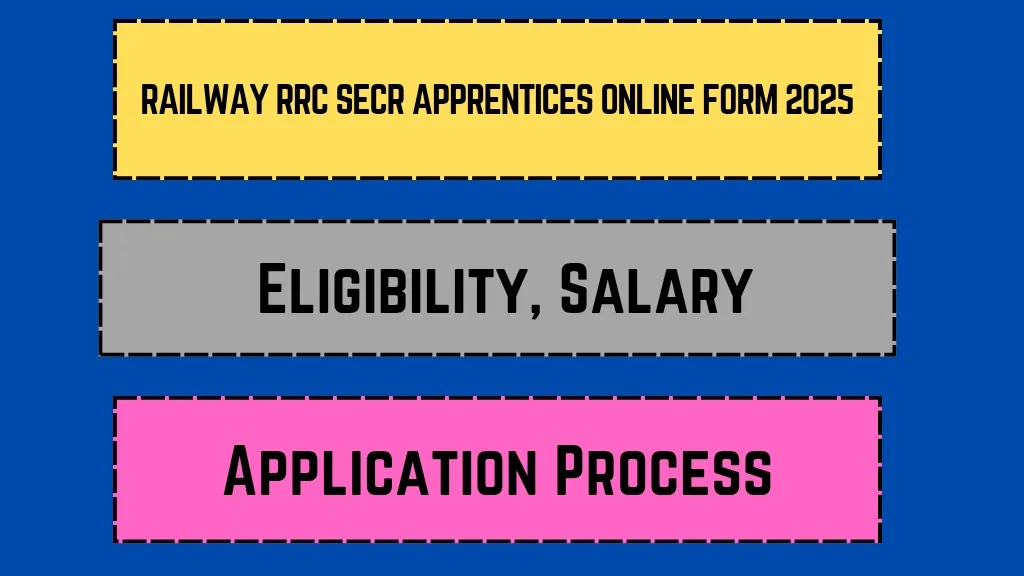The UPSSSC VDO (Village Development Officer) exam is one of the most anticipated exams for candidates aspiring to work in rural development and administration. Every year, thousands of candidates across Uttar Pradesh prepare rigorously for this test to secure a position as a VDO. If you’re aiming to take the 2025 exam, understanding the exam pattern, syllabus, and marking scheme is critical to your preparation strategy. Let’s dive into the details of the UPSSSC VDO Exam Pattern for 2025 to help you plan your preparation effectively.
Key Highlights 
| Key Feature | Details |
|---|---|
| Organization Name | UPSSSC (Uttar Pradesh Subordinate Services Selection Commission) |
| Exam Type | Written Test |
| Mode of Exam | Offline (Pen and Paper) |
| Total Marks | 100 |
| Number of Questions | 100 (Objective Type) |
| Duration | 2 hours |
| Negative Marking | Yes (0.25 for each wrong answer) |
| Official Website | upsssc.gov.in |
| Selection Process | Written Test → Document Verification |
The exam is designed to assess the knowledge and abilities required for the post of Village Development Officer. The key aspects include general knowledge, reasoning ability, numerical aptitude, and understanding of rural development policies. This article will walk you through the important elements of the UPSSSC VDO Exam Pattern 2025, helping you approach your preparation with clarity.
Exam Pattern Overview 
The UPSSSC VDO exam consists of a written test, followed by document verification for selected candidates. The written exam is objective-based and features multiple-choice questions. Each question carries one mark, with a total of 100 marks. The exam is structured to evaluate the candidate’s overall awareness, reasoning skills, and basic knowledge in various areas that pertain to rural development and administration.
Section-wise Distribution of Marks 
The written test is divided into several sections, each focused on different areas of knowledge. Here’s a breakdown of the section-wise distribution of marks for the UPSSSC VDO Exam 2025:
| Section | Marks |
|---|---|
| General Knowledge | 25 |
| Reasoning Ability | 25 |
| General Hindi | 20 |
| Numerical Aptitude | 20 |
| Rural Development & General Knowledge of UP | 10 |
| Total | 100 |
General Knowledge 
This section will test your knowledge of current events, general science, and history, with an emphasis on topics that are relevant to the rural areas of Uttar Pradesh. It covers a variety of subjects, including:
- Indian History
- Geography
- Politics
- Economy
- Current Affairs
A good understanding of local issues and state government policies will give you an edge in this section. Focus on recent developments in rural Uttar Pradesh, as well as national and international events that affect the region.
Reasoning Ability 
Reasoning ability is an essential skill tested in the UPSSSC VDO exam. This section includes logical reasoning and analytical questions, such as:
- Series Completion
- Coding and Decoding
- Analogies
- Blood Relations
- Syllogisms
These types of questions assess how quickly and accurately you can solve problems and think critically. It’s important to practice these types of questions regularly to boost your speed and accuracy.
General Hindi 
This section focuses on assessing your proficiency in Hindi, especially in areas related to grammar, comprehension, and vocabulary. You can expect questions on:
- Synonyms/Antonyms
- Sentence Formation
- Comprehension
- Error Spotting
- Hindi Grammar
Since the UPSSSC exam is conducted in Hindi, you must be comfortable with the language. Regular reading of Hindi newspapers or books can help you improve your language skills for this section.
Numerical Aptitude 
The Numerical Aptitude section tests your ability to solve basic mathematical problems. Questions in this section include:
- Simple and Compound Interest
- Profit and Loss
- Percentages
- Time, Speed, and Distance
- Averages
You don’t need to memorize complex formulas, but a good grasp of basic arithmetic is necessary. Practice as many problems as you can to improve your calculation speed and accuracy.
Rural Development and General Knowledge of UP 
Since the position of VDO focuses on rural development, this section tests your understanding of issues and policies related to rural areas. Topics include:
- Government Schemes for Rural Development
- Agricultural Practices in UP
- Panchayati Raj System
- Social Welfare Programs in UP
This section will require you to stay updated on rural development initiatives by the state and central government. It’s important to know the policies that impact the rural population and their day-to-day lives.
Marking Scheme 
The marking scheme for the UPSSSC VDO exam is straightforward. As mentioned earlier, each question carries one mark, with a negative marking of 0.25 marks for each incorrect answer. This means that answering questions wisely is crucial to avoid losing marks unnecessarily. Aim for accuracy, as it can significantly impact your overall score.
| Marks Distribution | Details |
|---|---|
| Correct Answer | +1 Mark |
| Incorrect Answer | -0.25 Marks (Negative Marking) |
| Unanswered Questions | No Marks |
Preparation Tips 
To excel in the UPSSSC VDO exam 2025, a strategic approach to preparation is essential. Here are some tips that can help you prepare effectively:
- Understand the Syllabus: Familiarize yourself with the exam syllabus and focus on the topics listed. Prioritize topics that carry higher weightage.
- Mock Tests: Regular practice of mock tests will help you understand the exam pattern and manage time effectively.
- Stay Updated: Read newspapers, magazines, and other resources to stay updated on general knowledge, current affairs, and rural development issues in Uttar Pradesh.
- Time Management: Practice solving questions within the time limit to enhance your speed and efficiency during the exam.
Conclusion 
The UPSSSC VDO exam 2025 is a great opportunity for those who are passionate about rural development and public administration. With a clear understanding of the exam pattern and marking scheme, you can devise a tailored preparation plan. Remember, consistency, practice, and staying updated are the keys to success. Focus on each section, work on your weaknesses, and stay confident as you prepare for the exam.






